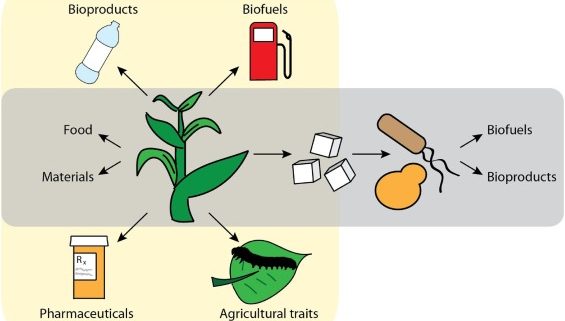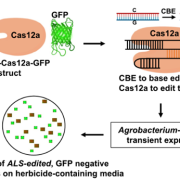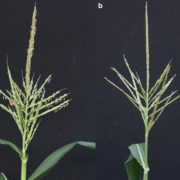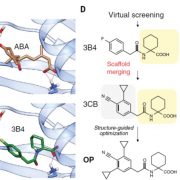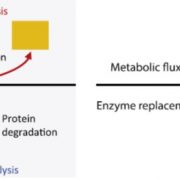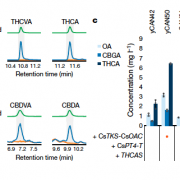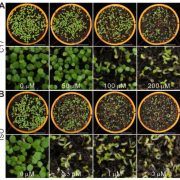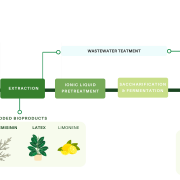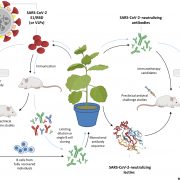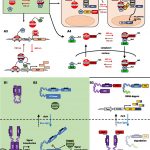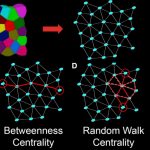Review: Towards a sustainable bio-based economy through plant synthetic biology ($) (Plant Sci)
Plant synthetic biology is heating up, as ideas and methods initially developed for single-celled organisms are moving into the more interesting and complicated space of multicellular organisms; this leads to greater potentials as well as greater challenges. Why plants? One important reason is that they are photosynthetic, so don’t require the same level of energy input to drive their metabolism that heterotrophic organisms do. Furthermore, plants can easily be grown in fields, avoiding the high costs of fermentation facilities. Shih explores the potential for plant products, primarily sugars and lipids, to be foundation for a bio-economy, through an analysis of cost effectiveness as well as biochemistry. He points out that we don’t have the same tools or level deep understanding of plant metabolism that we do of E. coli, and that deficiencies have collectively limited applications of plant synthetic biology. Finally, the author observes that exploiting the potential of plants for a sustainable bio-based economy still rests on a greater investment in basic plant science research, to fill in our knowledge gaps. (Summary by Mary Williams) Plant Science 10.1016/j.plantsci.2018.03.012


